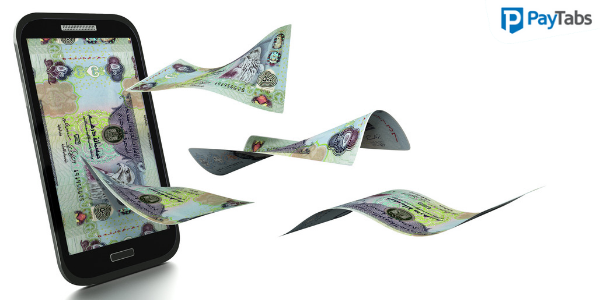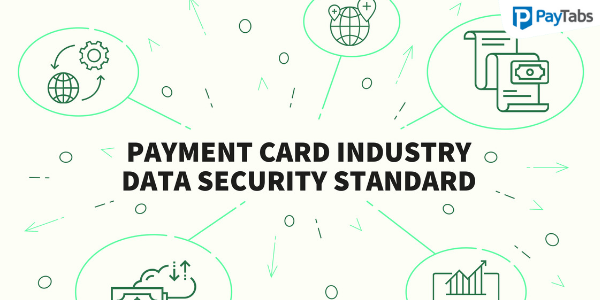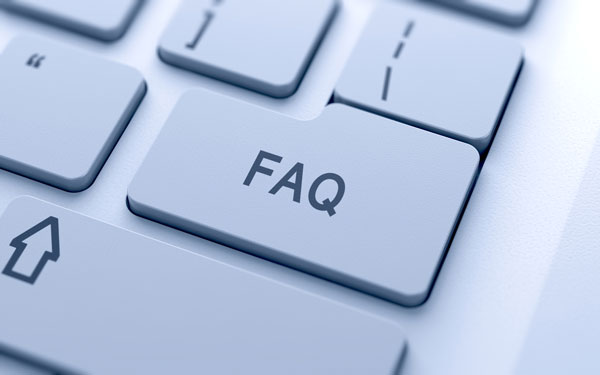5 Factors to Consider while Selecting a Payment Gateway in UAE

The success of e-commerce depends on various factors, the choice of payment gateway being one of them. The payment service on your e-commerce portal influences user experience. And if a user finds it convenient to shop on your online store, you can expect recurring sales in the future.
While selecting a payment gateway in the UAE, you must keep certain factors in mind. Although payment gateways function in a similar way, irrespective of the country, there may be slight variances in the selection procedure here. We have outlined five factors that you should consider while selecting a suitable payment gateway for your online store.
Transaction Charges
The cost of installing a payment gateway is the foremost consideration for every online retailer. In addition to the setup fee, the payment gateway provider charges a fee on per transaction basis. Some of the providers in the UAE may not ask for a setup fee. In this case, the transaction fee may be high.
Talking about the transaction fee, it may be a fixed amount or a percentage of the transactional amount or a combination of both. The transaction fee may vary according to the types of products and services, the number of transactions, and other parameters.
Payment Method Options
There was a time when online payments were processed using credit and debit cards. But now there are multiple modes of payment such as digital wallets, internet banking, EMIs, and others. Depending on the acceptable modes of payment in the UAE, the ideal payment gateway should be integrated with all the needed payment options. Some of the online businesses work on the recurring payment model. Discuss the recurring payment feature with the service provider before finalizing the payment gateway.
When you offer diverse payment options to the user, the probability of a conversion increases. If you are into import and export, currency conversion facility is a necessity for you. Before finalizing a payment gateway, ensure it accepts payment modes that provide seamless currency exchange facility.
Security Parameters
Secure online payment systems ensure that customer’s financial information is secured against theft and misuse. Most of the payment gateways adopt the latest security standards, such as 256-bit AES and two-factor authentication (2FA). Also, the payment service providers must work in strict accordance with the regulatory framework issued by the Central Bank of the UAE.
In addition to security, seamless connectivity is necessary to reduce the transaction failure rate. Check out the payment gateway’s transaction success rate to determine its technical prowess and reliability.
Hosted or Shared
The hosted payment gateway redirects your customer to another link for payment. The transaction doesn’t happen on your website, and therefore, you don’t have to obtain a merchant ID. No confidential information is being shared on your website. The hosted payment gateways cost you more as they handle security risks as well.
The shared payment gateway processes payments on your website. The customer shares financial information with the payment gateway integrated into your website. To enable shared payment gateway, you have to integrate an API. For this purpose, the payment service provider must ensure reliable backend support. Also, you must ensure that your online trading platform is PCI-DSS compliant.
Compatibility & Support
It is crucial to determine whether the payment gateway works seamlessly on your website or not. Besides processing payments using different payment methods, test the payment gateway for mobile payments as well. Nowadays, users are biased towards mobile payment as it is convenient and secure. Also, check out the payment gateway’s cross-platform compatibility.
Access to prompt and reliable support system is a mandatory requirement. The technical executives should be capable enough to solve gateway problems pertaining to payment processing.
The Bottom Line
Some of the most prominent payment gateway service providers operate in the UAE. Depending on your online business, whether it is local or global, one-time or recurring; you can select a suitable payment gateway that integrates effortlessly with your online store.



